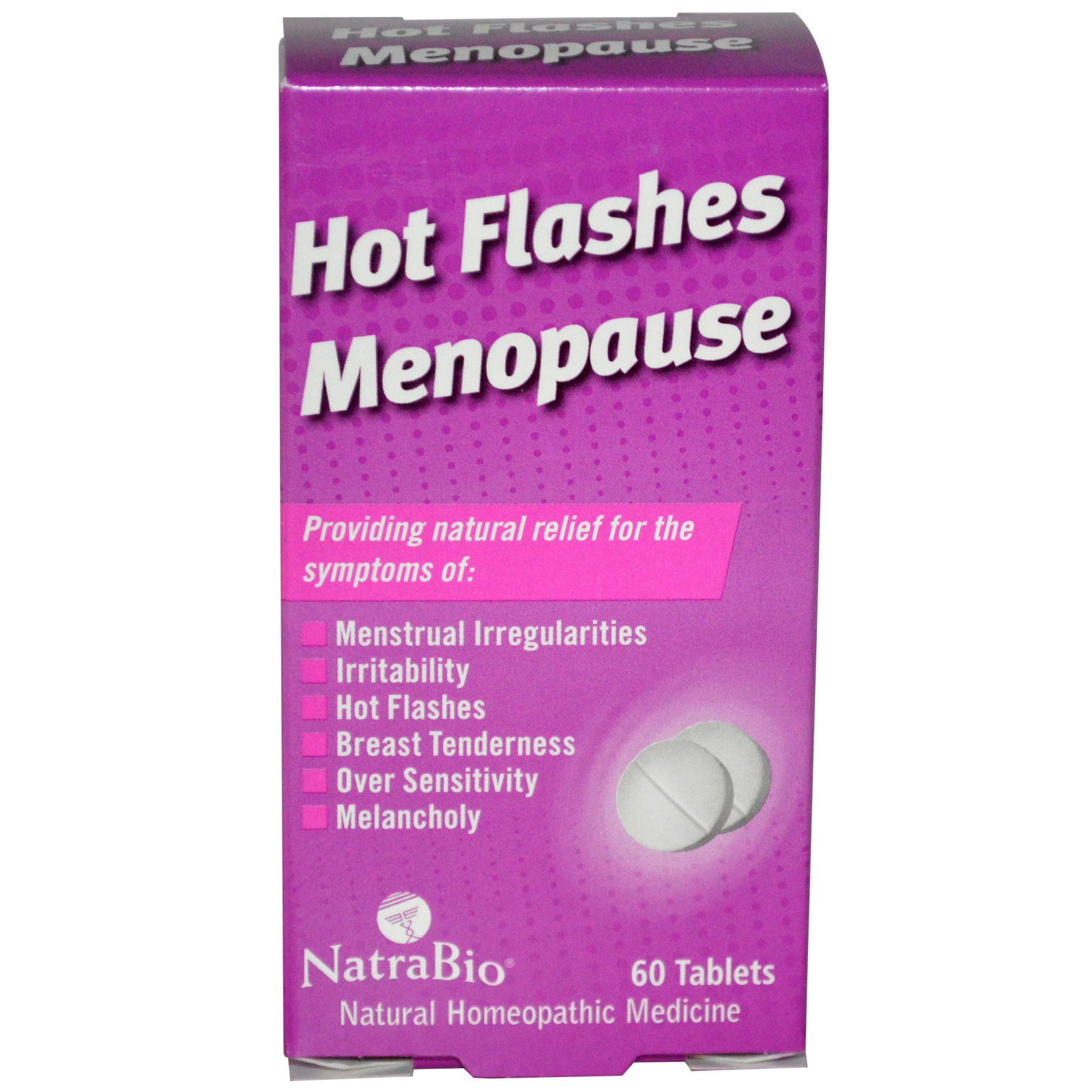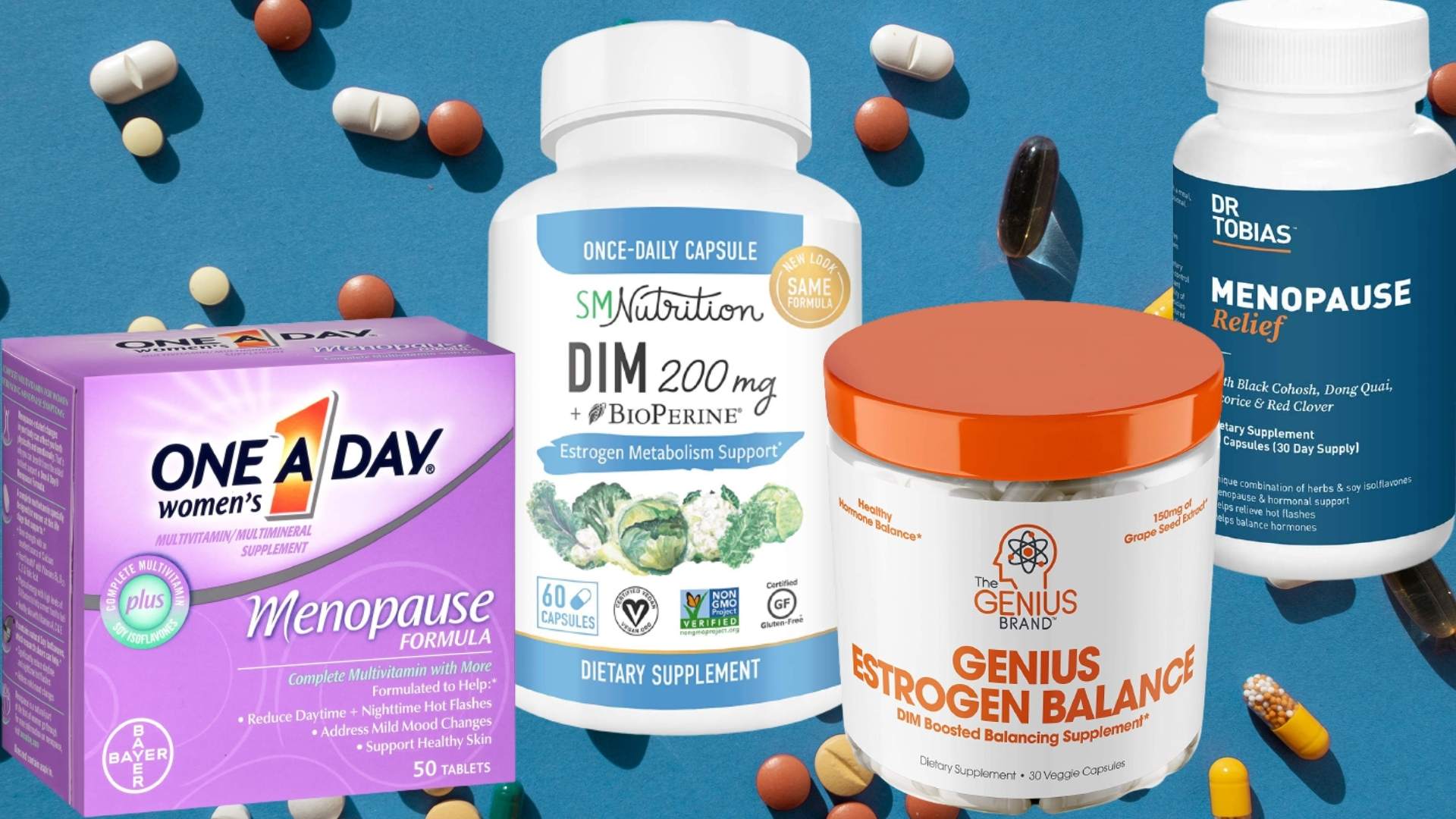Over the counter meds for hot flashes – Over-the-counter medications for hot flashes offer a valuable solution for women experiencing this common menopausal symptom. This guide delves into the mechanisms of action, effectiveness, safety considerations, and alternative therapies associated with these medications, empowering readers with the knowledge they need to make informed decisions about their health.
The journey through this article will uncover the potential benefits and risks of over-the-counter medications, shedding light on their role in managing hot flashes and improving overall well-being.
Over-the-Counter Medications for Hot Flashes
Over-the-counter (OTC) medications for hot flashes work by reducing the symptoms associated with the condition. These medications typically contain ingredients that affect the body’s temperature regulation system, helping to reduce the frequency and severity of hot flashes.
Common Over-the-Counter Medications for Hot Flashes, Over the counter meds for hot flashes
The following table lists some common OTC medications for hot flashes, along with their active ingredients, dosages, and potential side effects:
| Medication | Active Ingredient | Dosage | Potential Side Effects |
|---|---|---|---|
| Black Cohosh | Triterpene glycosides | 40-80 mg daily | Headache, nausea, dizziness |
| Dong Quai | Ferulic acid | 500-1,000 mg daily | Skin irritation, headache, nausea |
| Evening Primrose Oil | Gamma-linolenic acid (GLA) | 500-1,000 mg daily | Nausea, stomach upset, headache |
| Red Clover | Isoflavones | 40-80 mg daily | Headache, nausea, breast tenderness |
| Sage | Thujone | 500-1,000 mg daily | Dizziness, nausea, vomiting |
Effectiveness of Over-the-Counter Medications

Over-the-counter (OTC) medications have varying degrees of effectiveness in reducing the frequency and severity of hot flashes. Clinical studies have shown that certain OTC medications can provide modest relief for some women.
Clinical Evidence
* A study published in the journal Menopause found that black cohosh extract, a popular herbal remedy for hot flashes, reduced the frequency of hot flashes by 20% and their severity by 26%.
- Another study, published in the journal Obstetrics and Gynecology, found that soy isoflavones, a plant-based compound, reduced the frequency of hot flashes by 26% and their severity by 21%.
- A third study, published in the journal Climacteric, found that evening primrose oil, a plant-based oil, reduced the frequency of hot flashes by 19% and their severity by 17%.
Anecdotal Evidence
Many women report experiencing relief from hot flashes after using OTC medications. For example, one woman said, “I’ve been taking black cohosh for a few months now, and it’s really helped reduce the number of hot flashes I have each day.”
Another woman said, “Soy isoflavones have been a lifesaver for me. I used to have hot flashes all the time, but now I only have them occasionally.”
Comparison of Effectiveness
The effectiveness of OTC medications for hot flashes varies depending on the individual woman and the specific medication used. However, the following table provides a general comparison of the effectiveness of some common OTC medications:| Medication | Reduction in Frequency | Reduction in Severity ||—|—|—|| Black cohosh | 20% | 26% || Soy isoflavones | 26% | 21% || Evening primrose oil | 19% | 17% |It is important to note that these medications are not a cure for hot flashes, and they may not be effective for all women.
If you are considering using OTC medications for hot flashes, talk to your doctor first to discuss the risks and benefits.
Safety Considerations: Over The Counter Meds For Hot Flashes

Over-the-counter medications for hot flashes generally have a good safety profile. However, it is important to be aware of potential risks and side effects before using these medications.
Potential Risks and Side Effects
Some potential risks and side effects associated with over-the-counter medications for hot flashes include:
- Nausea and vomiting
- Headache
- Dizziness
- Constipation
- Diarrhea
- Skin rash
- Interactions with other medications
Importance of Consulting a Healthcare Professional
Before using over-the-counter medications for hot flashes, it is important to consult with a healthcare professional. This is especially important if you have any underlying health conditions or are taking any other medications. A healthcare professional can help you determine if over-the-counter medications for hot flashes are right for you and can provide guidance on how to use them safely and effectively.
Guidelines for Safe and Appropriate Use
To use over-the-counter medications for hot flashes safely and effectively, it is important to follow these guidelines:
- Take the medication exactly as directed by your healthcare professional.
- Do not exceed the recommended dosage.
- Avoid taking over-the-counter medications for hot flashes for extended periods of time.
- If you experience any side effects, stop taking the medication and contact your healthcare professional.
Alternative Therapies

Alternative therapies offer a range of options for managing hot flashes, complementing or replacing traditional medications. These therapies may involve natural remedies, lifestyle modifications, or mind-body techniques.
Acupuncture
Acupuncture involves the insertion of thin needles into specific points on the body to stimulate nerve endings and promote hormonal balance. It may reduce hot flash frequency and severity by regulating the body’s temperature control system.
Herbal Remedies
Certain herbs, such as black cohosh, red clover, and chasteberry, have been used traditionally to alleviate hot flashes. They may contain phytoestrogens, plant-based compounds that mimic the effects of estrogen, helping to regulate hormone levels.
Lifestyle Modifications
Simple lifestyle changes can also help manage hot flashes:
- Maintain a healthy weight:Excess weight can contribute to hot flashes.
- Avoid triggers:Certain foods (e.g., spicy foods, caffeine) and activities (e.g., exercise) can trigger hot flashes.
- Dress in layers:This allows for easy adjustment to changing body temperature.
- Practice relaxation techniques:Yoga, meditation, or deep breathing exercises can help reduce stress and anxiety, which can trigger hot flashes.
Final Review
In conclusion, over-the-counter medications can provide effective relief from hot flashes, offering women a range of options to manage this challenging symptom. However, it is crucial to consult a healthcare professional before using these medications to ensure safety and appropriate use.
By understanding the mechanisms of action, effectiveness, and safety considerations associated with these medications, women can make informed choices that support their health and well-being.
FAQ Summary
Can over-the-counter medications completely eliminate hot flashes?
While over-the-counter medications can effectively reduce the frequency and severity of hot flashes, they may not completely eliminate them.
Are there any natural remedies that can help with hot flashes?
Yes, some natural remedies such as black cohosh, red clover, and evening primrose oil have shown promise in reducing hot flashes. However, it is important to consult a healthcare professional before using any herbal remedies.
How long does it take for over-the-counter medications to work for hot flashes?
The onset of action for over-the-counter medications for hot flashes can vary, but some women may experience relief within a few hours or days of starting treatment.